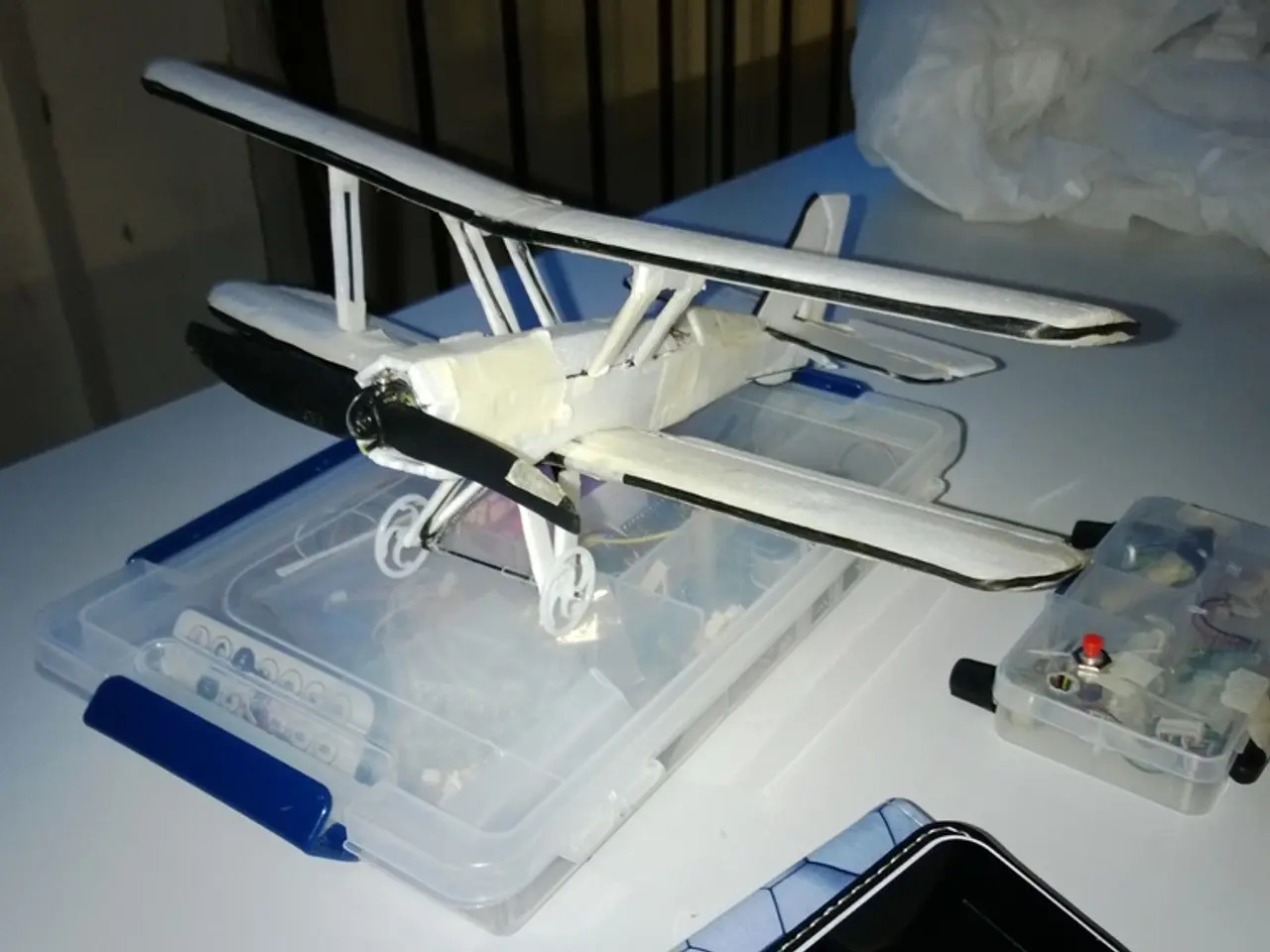Remote Operating Certificate (ROC) is a digital credential that legally authorizes an individual or organization to operate remotely in a specific capacity or location, ensuring compliance with regulations and security protocols.
In the rapidly evolving world of drone technology, the Remote Operating Certificate (ROC) plays a crucial role in authorizing commercial drone operations. This news article aims to shed light on the key differences between the ROC process in Canada and the United States.
In Canada, the ROC is issued by Transport Canada and is essential for commercial drone operations under Advanced Operations in Part IX of the Canadian Aviation Regulations. The certificate authorizes operations beyond basic and recreational use, such as Beyond Visual Line of Sight (BVLOS), night flights, or flights in controlled airspace. To obtain the ROC, applicants must submit detailed documentation including operational procedures, safety protocols, pilot qualifications, risk assessments, and contingency plans. The Canadian ROC process emphasizes compliance with national safety standards and enables periodic reviews or audits by authorities.
In contrast, in the United States, the Federal Aviation Administration (FAA) manages drone operating certifications but does not specifically use the term "ROC." Instead, commercial operations require certifications such as the Part 107 Remote Pilot Certificate for small unmanned aircraft systems (sUAS). For operations requiring waivers (e.g., BVLOS, night operations), operators must apply for a waiver or exemption under Part 107, providing detailed operational and safety information.
The summary table below highlights the key differences between the Canadian and U.S. ROC or equivalent approvals:
| Aspect | Canada (Transport Canada ROC) | United States (FAA) | |--------------------------|-------------------------------------------------------|---------------------------------------------------| | Certificate Name | Remote Operating Certificate (ROC) | Part 107 Remote Pilot Certificate + Waivers | | Issuing Authority | Transport Canada | Federal Aviation Administration (FAA) | | Scope | Authorizes advanced/commercial drone operations including BVLOS, night, controlled airspace | Authorizes commercial drone operations under Part 107; specific waivers needed for advanced operations (BVLOS, night) | | Application Requirements | Detailed operational procedures, safety protocols, pilot qualifications, risk assessments, contingency plans | Pilot certificate exam, waiver applications for advanced operations including risk assessments and procedures | | Review & Oversight | Periodic audits and reviews | Regular renewal/validation and waiver reassessments | | Regulatory Framework | Canadian Aviation Regulations Part IX | FAA Part 107 and exemption/waiver process |
Jacob Stoner, the CEO of Flyeye.io, is a licensed commercial drone operator in Canada and frequently conducts drone inspections in the country. His passion for videography is evident during his leisure time. It's worth noting that the term and process of an ROC can vary from country to country, and South Africa's drone certification involves a similar Remote Pilot Certificate issued by SACAA but with slightly different eligibility and practical test requirements.
The ROC is essential for drone operators who want to move beyond basic operations and engage in enterprise-grade missions like infrastructure inspection, aerial delivery, mapping, or emergency response. The ROC ensures compliance with national safety standards and allows regulators to hold operators accountable through periodic reviews, audits, and oversight.
In the U.S., advanced operations often fall under Part 107 waivers or exemptions, not ROC. However, the ROC remains crucial for commercial UAV missions involving complex maneuvers, operating in controlled airspace, or falling under advanced regulatory categories.
The Remote Operating Certificate (ROC) is an official document issued by national aviation authorities like Transport Canada or the FAA, enabling companies to operate with confidence in the complex world of commercial drone operations.
Technology plays a significant role in the issuance of the Remote Operating Certificate (ROC) for commercial drone operations. In Canada, data-and-cloud-computing solutions are leveraged to manage the ROC process, allowing for the submission, storage, and review of detailed documentation such as operational procedures, safety protocols, and risk assessments. Similarly, in the United States, technology is essential for the FAA's management of drone operating certifications, particularly for the application, review, and renewal of Part 107 Remote Pilot Certificates and waivers for advanced operations.




